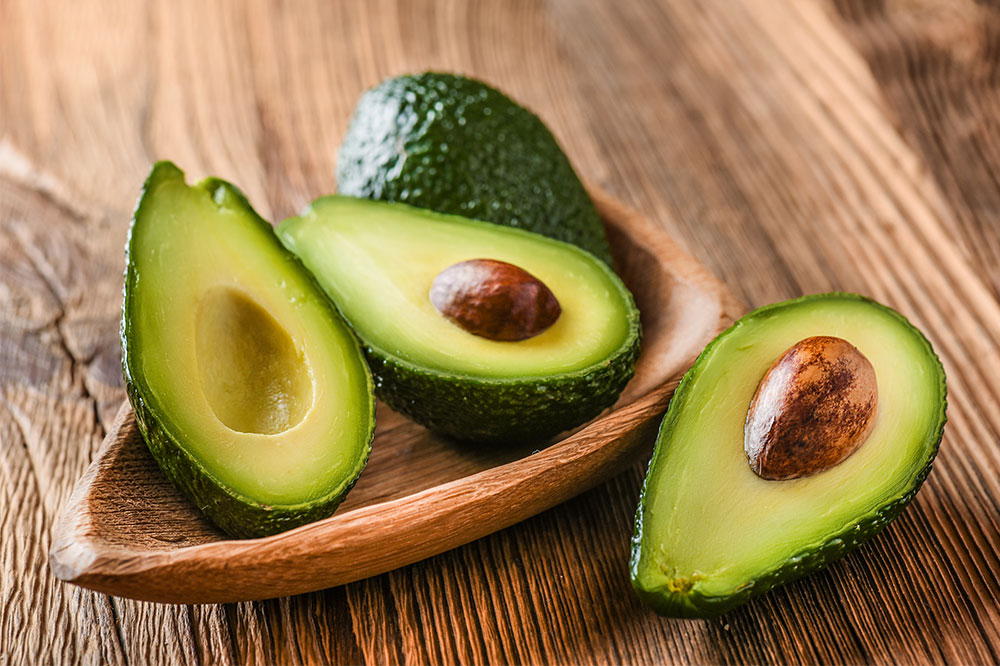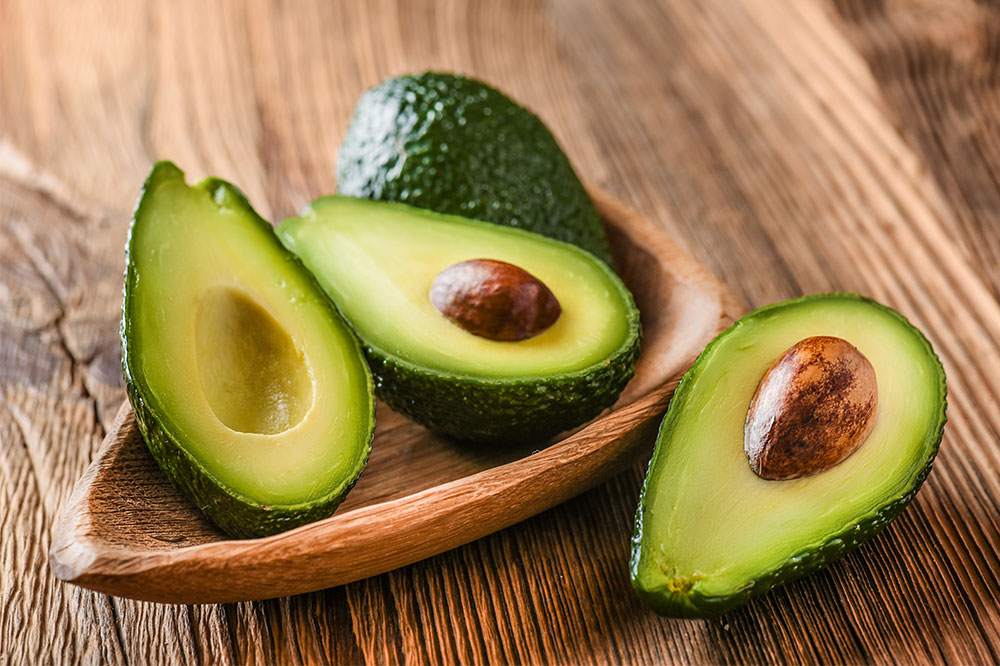Top 7 Nutritional Choices for Heart Health and Managing Atrial Fibrillation
Discover seven heart-healthy foods that can help manage atrial fibrillation and promote cardiovascular well-being. From bananas rich in potassium to omega-3-rich fish, this guide offers dietary tips to support your heart health naturally. Incorporate these nutritious options into your daily meals to potentially reduce AFib symptoms and improve overall heart function with simple, effective choices.

Top 7 Nutritional Choices for Heart Health and Managing Atrial Fibrillation
Atrial fibrillation (AFib) is an irregular, rapid heartbeat that can cause blood clots and increase risks like stroke and heart failure. While medical treatments are available, incorporating specific foods into your diet can promote heart health. Opt for nutrient-rich options to support heart function and reduce AFib symptoms.
Bananas
These fruits are high in potassium, crucial for controlling AFib. Consuming fresh bananas helps maintain essential mineral levels, but avoid canned versions with added sugars that may be harmful.
Blueberries
Rich in antioxidants, blueberries can assist in managing AFib symptoms. Daily intake of one cup can improve blood pressure regulation and reduce arterial stiffness, especially in postmenopausal women with hypertension.
Nuts
Almonds and walnuts are packed with healthy fats, fibers, vitamin E, and minerals. Regular consumption may lower the risk of AFib and prevent heart failure.
Greek Yogurt
A good source of protein and magnesium, Greek yogurt supports heart rhythm and muscle health. Choose plain varieties to avoid excess sugar and additives.
Tomatoes
Rich in potassium and antioxidants, tomatoes help optimize muscle function and reduce arrhythmia risk. Their lycopene content offers additional heart health benefits.
Olive Oil
Using olive oil instead of processed vegetable oils provides monounsaturated fats that support cardiovascular health and may lower AFib occurrence.
Fish
Fatty fish such as salmon, sardines, tuna, and mackerel supply omega-3 fatty acids, which have proven benefits in reducing AFib symptoms and promoting heart health.










